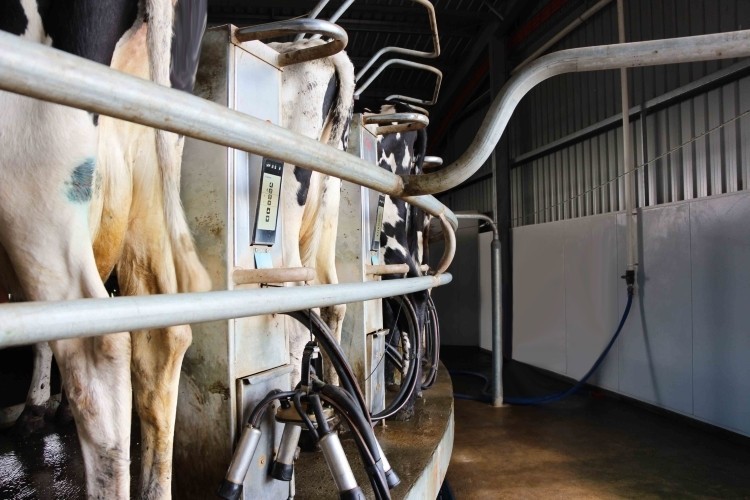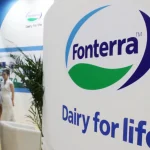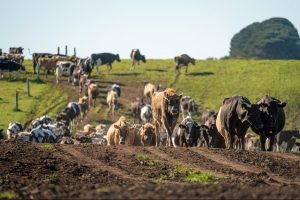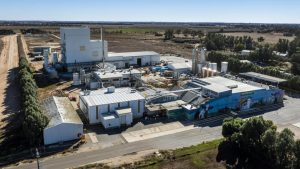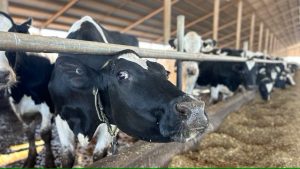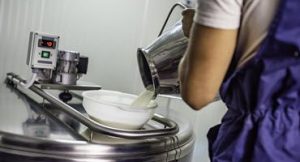
South Australia’s biggest dairy processor Beston Global Food has blamed a cashcrunch for delaying payments to the state’s farmers for their monthly milk cheques.
It is the second time in recent months the under-pressure Beston has asked farmersfor patience, as it blamed a consumer shift to cheaper products and overduepayments from its own customers as the reason behind the slower payments.
In a letter sent to farmer-suppliers this week, Beston chief executive Fabrizio Jorgesaid the combination of difficult trading conditions, continued working capitalpressures and overdue payments has forced Beston to move to a payment plan.
This will involve 85 per cent of the milk cheque to farmers being paid this week,with the remainder to be paid by the end of the month, although he did not give aspecific date.
“As an organisation we have not left any stone unturned to maximise our on-timepayments to each one of you and rest assured that we have not taken this outcomelightly,” Mr Jorge said.
He said Beston played a critical role in the state’s milk market.
“I am confident that together we will continue to support each other during thesetimes of challenging conditions.”
Beston itself remains vulnerable. In February it posted a first-half loss of $8.1m fromits core milk processing business. It also had a negative cashflow position, meaningit was using its debt facilities to fund operations.
The company faced the twin pressures of higher-than-expected milk supply fromits farmers at a time of high global farmgate prices.
The Australian’s DataRoom column this week reported Beston’s banker NationalAustralia Bank has been trying to sell $55m worth of debt owned by the company,but has struggled to find a buyer. Beston employs around 300 people.
The move by Beston comes amid a broader shake-up in the dairy industry, withNew Zealand giant Fonterra planning to put its entire Australian operations here onthe block. Fonterra is one of the big three milk processors in Australia and a salecould dramatically reshape the profitability of milk processors.
A shortage of milk and higher export prices has forced processors to pay top dollarto farmers to lock in much needed supply. However, surging costs have clashedwith consumers facing a cost of living crisis, with many opting for discountedbrands in the supermarket.
Much of the so-called house branded dairy is being manufactured using lower costNew Zealand milk
.
Mr Jorge makes this point in the letter: “Currently, a pack of Coles Salted Butter(250g), made in Australia, is sold for $4.30 on the shelf and while the same productmade in New Zealand is sold for $3.70, or 15 per cent cheaper”.
He notes the shift of Australian consumers towards “cheaper and affordableofferings” with some 60 per cent of all retail dairy products now sold under private,or house-branded, labels.
Mr Jorge declined to comment further.
You can now read the most important #news on #eDairyNews #Whatsapp channels!!!
🇺🇸 eDairy News INGLÊS: https://whatsapp.com/channel/0029VaKsjzGDTkJyIN6hcP1K
